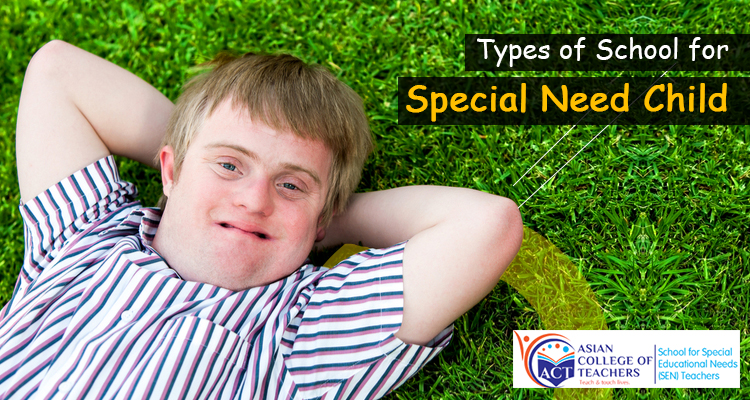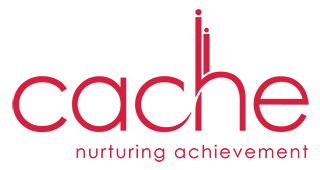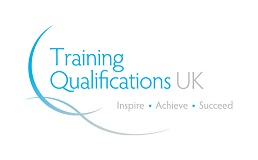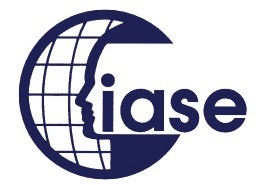Different Types of School for Special Need Child
14th June 2019

Do you have a special needs child? If so, you may be aware that a typical classroom as seen in a typical public school will be ill-suited to their needs for an ideal education setting. Are you familiar with some of the other options that they have?
Various Types of School for Special Needs Child
Depending on the specific strengths and challenges of your child with special needs, there are a number of possibilities for you to work with. Here is a look at some of these options and the pros and cons that are associated with each one of them.
Public Schools
A public school will suit your child well if:
- The school is well-funded and has training for SEN teachers, therapists, aides, specialists, as well as support programs
- The particular needs of your child fit in nicely with the strengths of the school. Most schools are capable of addressing only the common challenges but find it difficult to cope with unusual abilities or needs
- Your child is at ease in the public school and not facing social issues such as marginalization or bullying
Pros:
- You pay nothing for public school education
- Public schools are legally bound to teach your child and provide necessary support as well as paying for the therapies and services
- You are likely to find a public school in your own backyard so there will be locally known people around the child, giving you better scope of being involved with their education
Cons:
- Underfunding is a major issue in public schools and the child’s special needs can be overwhelming
- Public schools often lack the flexibility or expertise in helping the child with challenges or abilities that are not in tune with their existing program
- Public schools are often large and complex where social issues are hard to manage
Charter & Magnet Schools
These are publicly funded institutions which means they are free and required by law to serve in the best interests of your child. Often, they are found to be far smaller compared to typical public schools and could prove to be a better fit for the child. In some charter and magnet schools, you get a more service-learning, hands-on educational model that is a great option for children suffering from autism or hyperactivity.
Pros:
- The same kind of free and appropriate education seen in a local public school
- Could be better aligned to strengths of your child and learning style unlike many typical public schools
- Smaller schools often prove a better fit for child with special needs
Cons:
- These schools are likely to be very far from your home
- Their program offering could be less flexible with fewer resources to work with compared to local public schools
- Working with the school to support the best interests of your child could be harder
Montessori & Other Pedagogy-Specific Schools
Montessori and Waldorf developed specific teaching techniques that were pretty different from those prevalent in typical public schools, but which were found to be effective for many students. Rather than use words as the primary tool for teaching, they make use of specific types of experiences for allowing the students to kinesthetically and visually understand and develop their abilities. Several of the students with special needs often find this kind of school to be a godsend.
However, there are few caveats you need to be aware of. Montessori schools are largely intended for the education of children who have an above-average IQ and are capable of managing themselves in a socially intense yet small setting. Moreover, such schools often lack the necessary infrastructure to support or provide therapy for special children.
Pros:
- If your child’s abilities make them suitable for a Montessori education, you are likely to find a reputed one within a short distance of your home
- Your child will be given a quality education in a small setting while enjoying inclusion in typical peer groups
- In the event your child manages to thrive, he will find a solid social group and many nice friends
Cons:
- Finding funding for a private school that serves the general population may be a tough job though you are eligible for a scholarship
- If your child has to be provided more support than the school is capable of providing, they may be asked to leave
- The curriculum could prove to be too challenging for the child
Homeschool
Homeschooling has gained immense popularity in recent times especially among families that have a child with special needs. Homeschool allows the ultimate level of flexibility and control, making it easier for creating the ideal educational program and setting that can be beneficial for the child.
Pros:
- You are in control of your child’s educational experience and environment and can provide the perfect fit that you desire
- It is possible to completely shy away from the problems typically associated with test anxiety, bullying, and educational roadblocks
- You get the perfect opportunity for helping your child build the necessary skills by focusing on their areas of need and developing core areas of strength
Cons:
- Those who work full time will find homeschooling to be impossible
- Homeschooling is overwhelming and difficult for many
- Can lead to isolation among the kids
Conclusion
Before deciding what kind of school is suitable for your special needs child ensure that you have explored every nook and cranny of the possible alternatives. A public school may be advocated if you are financially distressed and wish to avail the facilities offered in these institutions. For a more controlled approach private establishments would be the preferred means.








